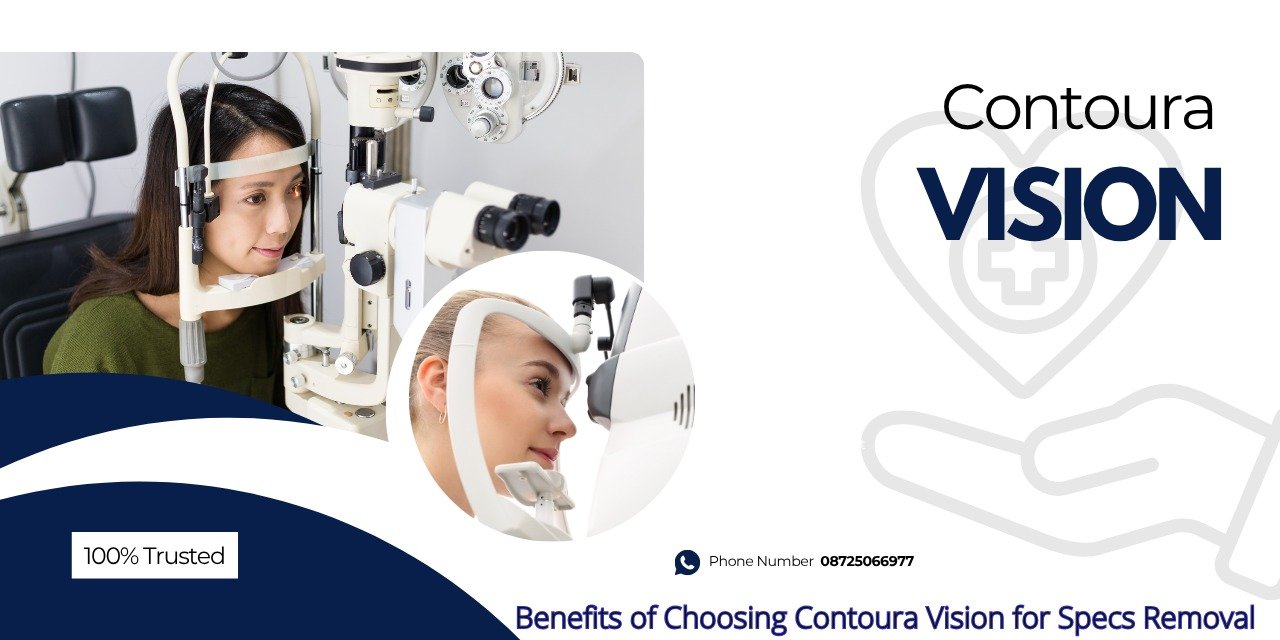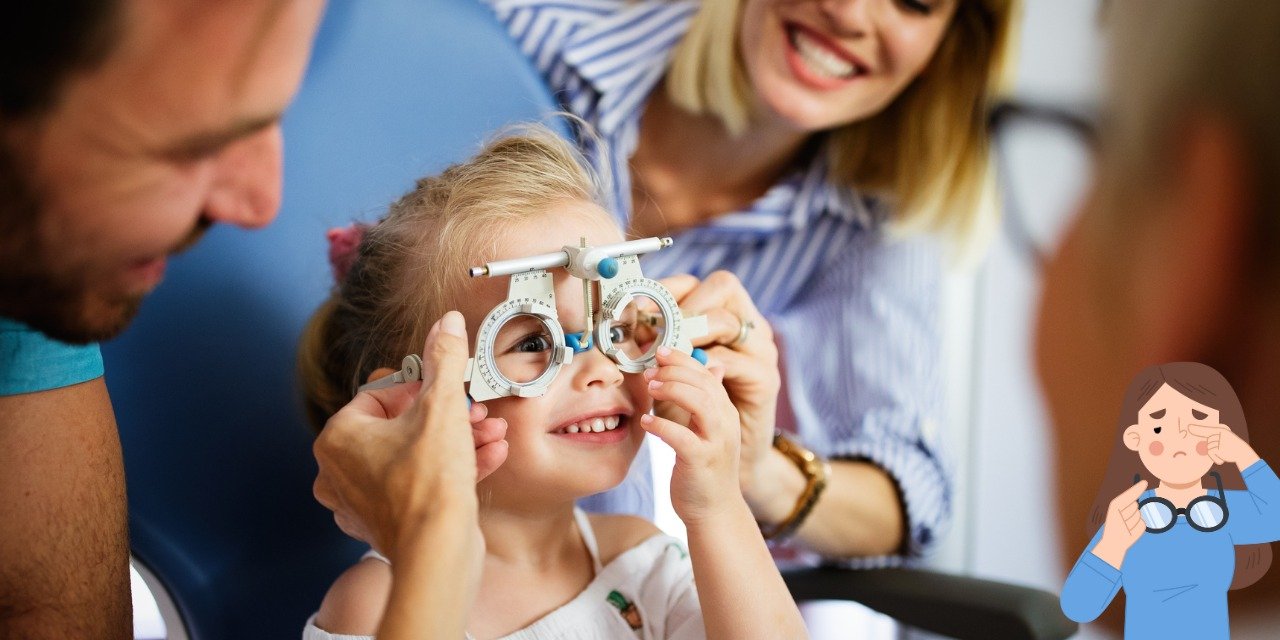Cataracts are a common eye condition, especially as people age. Understanding the early signs, causes, symptoms, and risk factors can help you address the issue promptly and prevent further vision impairment. Here’s a straightforward guide to help you recognize cataracts and understand what to do next.
What Are Cataracts?
A cataract is a clouding of the eye’s natural lens, which lies behind the iris and pupil. This clouding can blur vision and make it difficult to see clearly. Cataracts develop slowly and can affect one or both eyes.
Early Signs of Cataracts
Recognizing the early signs of cataracts can help you seek treatment before your vision deteriorates significantly. Common early signs include:
➽ Blurry Vision
You may notice that your vision becomes increasingly blurred, as if you’re looking through a foggy window.
➽ Difficulty Seeing at Night
Cataracts can make night vision more challenging, leading to glare from headlights or streetlights.
➽ Sensitivity to Light
You might experience increased sensitivity to light and glare, which can make it uncomfortable to be in bright environments.
➽ Double Vision: Some people with cataracts see double vision in one eye, where objects appear as if they are overlapping.
➽ Fading Colours
Colors may seem dull or less vibrant, as cataracts can reduce the amount of light that reaches the retina.
➽ Frequent Changes in Prescription Glasses
If you find yourself needing new glasses or contact lenses frequently, it could be a sign of cataracts.
Causes of Cataracts
Cataracts develop when the proteins in the lens of the eye begin to break down and clump together, forming a cloudy area. Several factors can contribute to this process:
➤ Aging: The most common cause of cataracts is aging. As people get older, the lens in their eyes becomes less flexible and more prone to developing cataracts.
➤ Genetics: Family history can play a role. If cataracts run in your family, you may be more likely to develop them.
➤ Diabetes: People with diabetes are at a higher risk of developing cataracts earlier in life.
➤ Trauma: Eye injuries can lead to cataracts, either immediately after the injury or years later.
➤ Exposure to UV Light: Prolonged exposure to ultraviolet (UV) light from the sun can increase the risk of cataracts.
➤ Smoking and Alcohol: Smoking and excessive alcohol consumption have been linked to an increased risk of cataracts.
Symptoms of Cataracts
As cataracts progress, the symptoms become more noticeable. Some common symptoms include:
- Vision Distortion: Objects may appear distorted or out of focus.
- Difficulty with Vision in Low Light: Tasks like reading or driving at night become more challenging.
- Frequent Changes in Glasses Prescription: You might need new prescriptions more often than usual.
- Seeing Halos: You may see halos or rings around lights, especially at night.
Risk Factors for Cataracts
While cataracts are often age-related, several factors can increase your risk:
➯ Age
The risk increases with age, typically becoming noticeable in people over 60.
➯ Family History
A family history of cataracts can increase your risk.
➯ Medical Conditions
Conditions such as diabetes can raise the risk of cataracts.
➯ Lifestyle Choices
Smoking and excessive alcohol consumption can contribute to cataract formation.
➯ Exposure to UV Light
Regular exposure to sunlight without proper eye protection can increase your risk.
Diagnosis and Treatment
If you experience any of the symptoms mentioned, it is essential to consult an eye care professional. They will perform a comprehensive eye exam to diagnose cataracts and determine the best course of action. Early detection can help manage the condition effectively and maintain quality of life.
Frequently Asked Questions
⟹ What are the first signs of cataracts?
The first signs of cataracts include blurry vision, difficulty seeing at night, sensitivity to light, and fading colors.
⟹ How can I prevent cataracts?
While you cannot completely prevent cataracts, wearing sunglasses to protect your eyes from UV light, maintaining a healthy diet, and avoiding smoking can help reduce your risk.
⟹ When should I see a doctor about cataracts?
You should see a doctor if you experience any symptoms such as blurry vision, difficulty with night vision, or frequent changes in your glasses prescription.
⟹ What is the treatment for cataracts?
Cataract treatment usually involves surgery to remove the cloudy lens and replace it with a clear artificial lens. Early diagnosis and treatment are key to effective management.
⟹ How can I find out more about cataract treatment at Netra Eye Hospital?
For more information about cataract treatment options and to consult with Dr. Mukesh Aggarwal, you can visit Netra Eye Hospital and contact their hospital directly. Dr. Aggarwal is known for his expertise in managing cataracts and providing personalised care.
Conclusion
Early detection and treatment are crucial for managing cataracts and maintaining good vision. If you suspect you have cataracts or experience any symptoms, seeking expert advice is essential. For those seeking eye treatment in Panchkula, Dr. Mukesh Aggarwal at Netra Eye Hospital is highly regarded for his expertise in cataract care. With a thorough examination and personalised treatment plan, Dr. Aggarwal can provide the best solutions to restore your vision and improve your quality of life.For more information please contact us on : +9109646624864













